Debt Investment
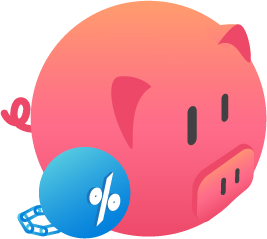 One Time Debt Investment Calculator
One Time Debt Investment CalculatorThis calculator helps you estimate how much money you will save by applying a lump sum extra payment against their outstanding debt. It quickly provides how much interest you will save by making the additional payment, how many months sooner the debt will be extinguished, and how much you would have to earn to equate to that level of return.
Authored by Jose Abuyuan on December 15, 2019
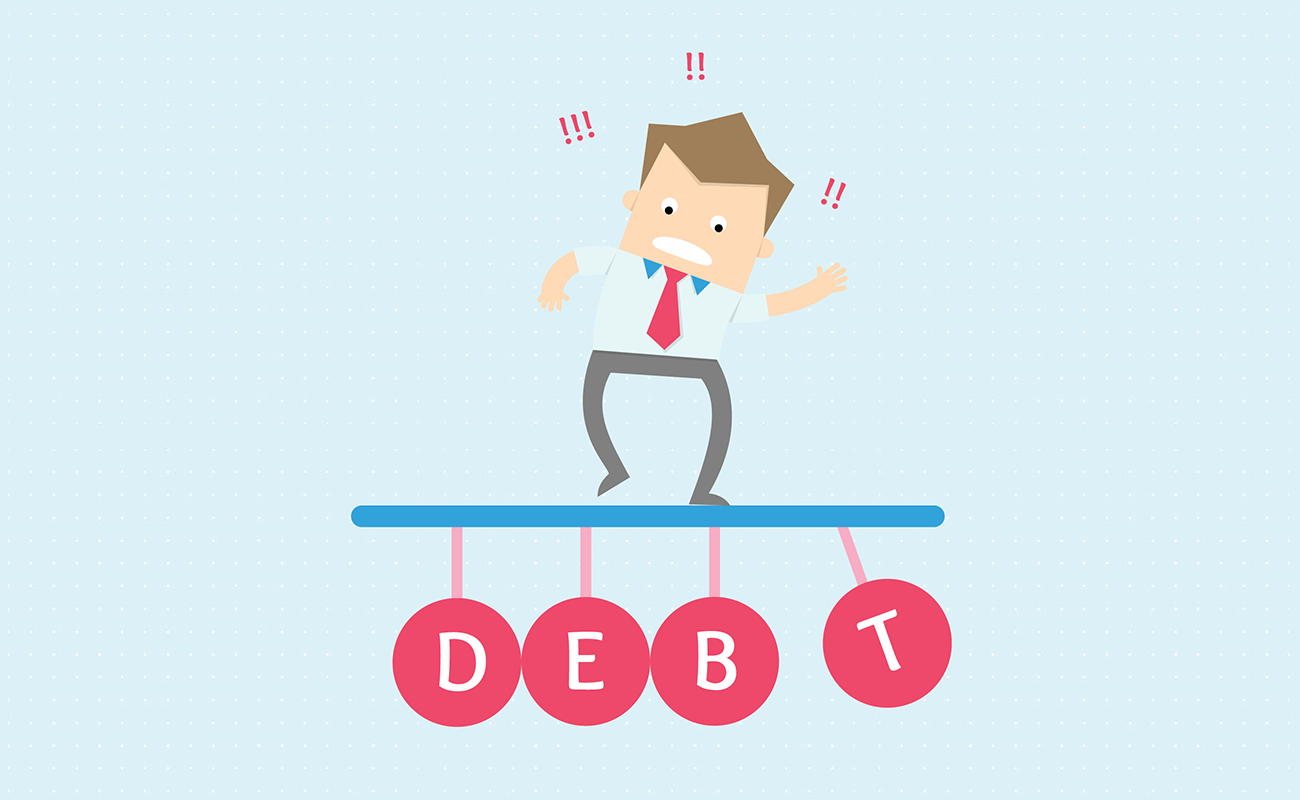
“Buy now, pay later” is the rallying call of consumerism. Stores invite people to buy the newest and the flashiest. The idea that you can one-up your neighbors reinforces this. Credit, of course, would make this all possible, even in the absence of cash. Why afford tomorrow what you can charge today, after all? This false sense of prosperity led to the debt issues plaguing many Americans today.
For some people, being deep in consumer debt is in the norm. Credit card bills feel as routine as one for water or power. Even as debt became a mark of shame, taking in debt is something many are just resigned to. A life free of debt obligations, however, is more than possible. And it can be very good for you.
Creditors have shifted the burden of debt issues to irresponsible borrowers. This is an incomplete picture. In 2006, the Federal Reserve Board found that incomes have not risen with living expenses. This has put a lot of pressure on families to make ends meet. Credit thus became an attractive way to afford a higher standard of living.
An entire industry of unscrupulous lenders grew around borrowers with poor credit records. People from lower-income backgrounds have thus become targets of predatory lenders. Even mainstream banking has gotten into the act. Advertisements touting credit cards and in-store credit bombard consumers today.
Moreover, financial illiteracy remains a contributing factor to debt issues. Most people get into debt without knowing what it entails. They may get carried away with credit cards or be wooed into a lifestyle they neither need or afford. When people need to borrow, they do not always know the best way to secure a good repayment rate.
The good news is that if you don't owe a lot of money, you can take decisive action toward going debt-free immediately. Eliminating your debts early on can make a world of difference for your financial future.
Debts on their own is not a bad thing, as long as you can manage it. Good debts help you build value by acquiring investments that you cannot afford with cash. It may take a lifetime to earn enough money for a home, while taking out a mortgage can give you a home at a good price. Even consumer debts can have some tangential benefit if you use them wisely.
Regardless, being knee-deep in debt is not a good place to be. Both good debt and consumer debt can become unmanageable if you borrow too much too soon. The large volume of debt you have to carry can overwhelm you. Moreover, staying in debt too long does more than jeopardize your finances.
A large amount of consumer debt is a worrisome experience. As the bills pile on, you do not only worry about paying them on time. You worry about their impact on your future, which you are often acutely aware of. “Will I retire?” “Will I have enough to help my children through college?” All these questions can gnaw at your peace of mind as long as your debts continue to mount.
The fact that you are always worrying about your bills isn't the only cause of debt-related stress. Working many jobs may run you and your spouse haggard. This often leads to unhealthy maladaptive behaviors—smoking, alcohol abuse, and emotional eating. In turn, it can exacerbate various health problems. Being stressed by debt all the time can shave years off your life.

Your mental health also takes a beating. Thinking about your debt problems can give you anxieties. You also risk falling into depression. Likewise, constant debt anxieties can impair your everyday thinking and decision making.
Being in debt can be a big blow to your confidence. You often feel a sense of failure when you end up in a daunting debt situation. The blow to your confidence can be so thorough that it may hinder your ability to ask for help. People with college debt report guilt feelings from receiving help from their parents.
The state of being in debt is a mark of shame for people of all ages. Financial crises from a decade ago have further painted people's perceptions of debt. If you fell into debt, you were ignorant and reckless with your finances. Today's consumers are often reluctant to acknowledge their mounting debt issues. This can compound their problems.

You also risk losing the trust of other people when you get into debt. Creditors will lower your credit scores if you fall behind on your payments. Friends and family may perceive you as less than dependable.
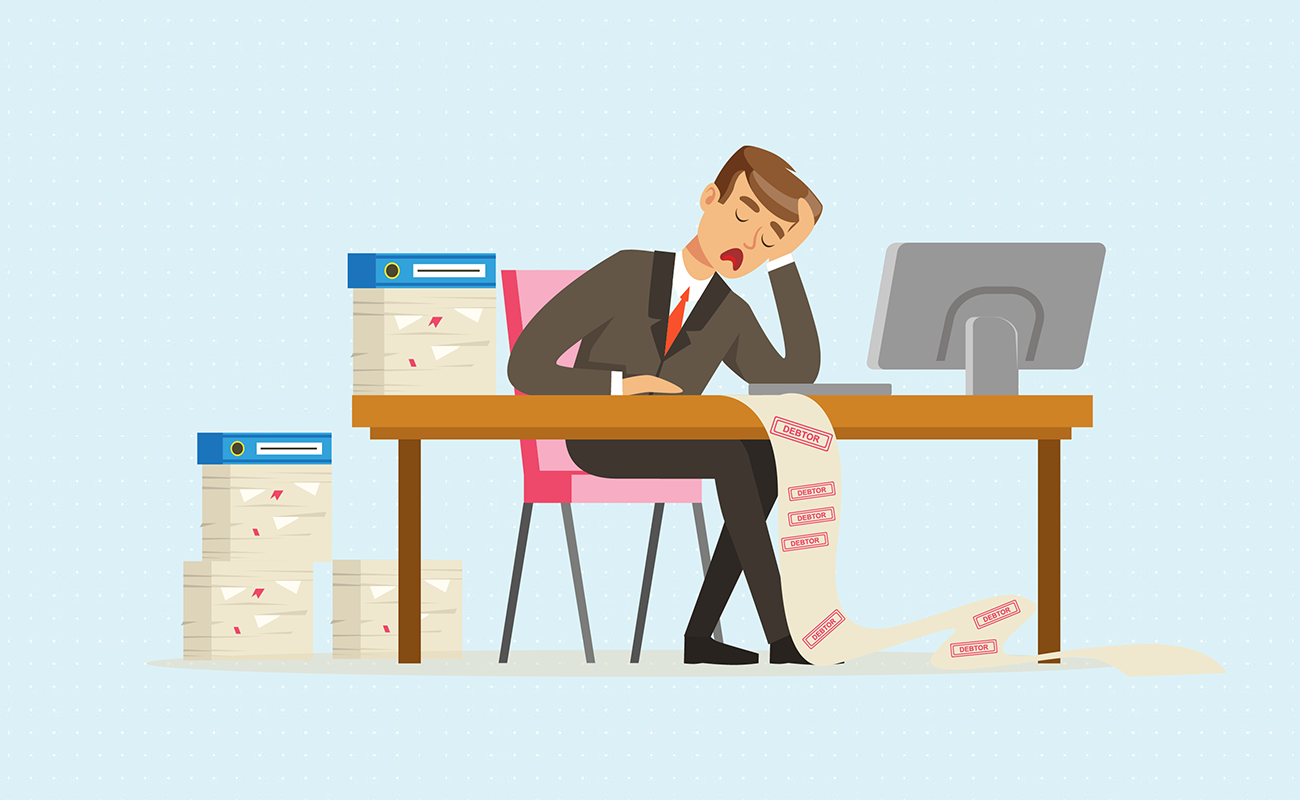
People often accumulate consumer debt to meet their wants. The folly of spending money they do not have often comes back to haunt them later on. Using credit for discretionary expenses is a massive trade off. The debts accumulated can cripple your ability to use your money in the future.
The first things to go when feeling the debt crunch are everyday luxuries. Staying in debt too long can force you to cut out some of the things that you've taken for granted. As your debt problems mount, the ability to enjoy yourself becomes more difficult. Savings are next in line. Too much debt can hinder your ability to save. This is a colossal setback to your retirement and investment goals.
The lack of funds can impede your ability to recover from financial curve-balls. Emergency situations become too pricey to handle. And often, dire situations will force you to borrow more money to pay for any bills you've incurred. This, in turn, can leave your finances more vulnerable than they were before.
Fortunately, the tighter belts that come with debt can be a force for good. In the short term, dedicating all your extra money to pay down bad debt can help clear your financial slate.
Being in debt can cost you relationships with people that matter the most. Fiscal irresponsibility may alienate you from family and friends. Debt burdens may also jeopardize your marriage. Statistics show that debt issues are a leading cause of divorce in the United States.
Financial duress can put a lot of strain on your relationship. Being under constant pressure can give you shorter tempers and less rational headspaces. Your deteriorating financial situation can lead to trust issues and heated arguments. You may be tempted to lay blame on one another.

Debt is a major hindrance to relationships even for unmarried couples. Your partner may not be keen on further commitment if your finances are not in order. After all, unsettled debt could be a portent to your financial future. It can put the life plans with your special someone on hold for a long time.
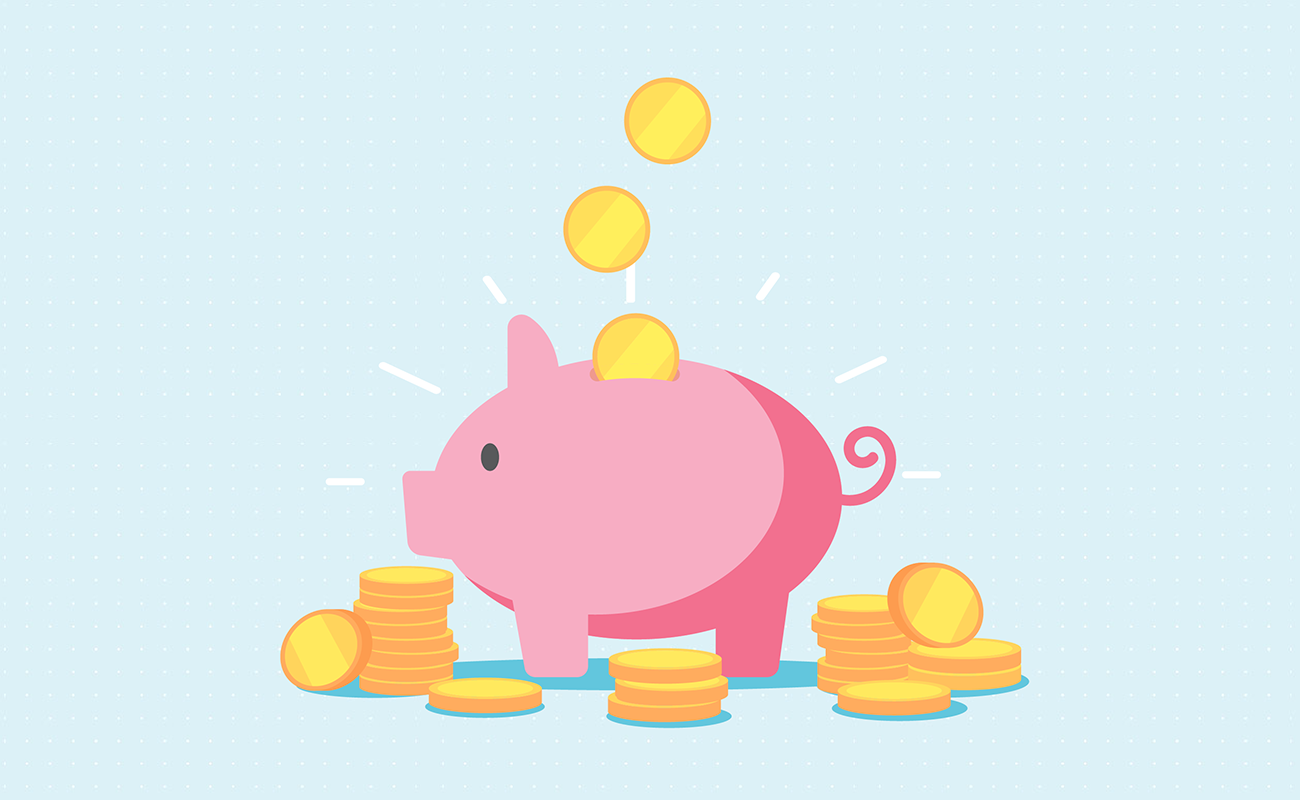
Chasing the herculean goal of being debt-free is a liberating experience. A life without debt is one without ominous bills in the mail. It is a life not badgered by persistent debt collectors and frustrated creditors. Freeing yourself from the shackles of debt is not an easy task, but it is far from impossible.
Debts become more expensive the longer you let them sit. An aggressive debt repayment strategy can save you a lot of money in the long run. The table below outlines how much you can save in credit card interest payments. It assumes an interest rate of 19 percent and a credit balance of $16,000.
| Percent Paid | Monthly Payment | Principal | Interest | Total | Remaining Payments |
|---|---|---|---|---|---|
| Minimum Payment (2%) | $320.00 | $16,000.00 | $15,953.00 | $31,953.00 | 100 |
| Extra Payment (4%) | $640.00 | $16,000.00 | $4,529.00 | $20,529.00 | 33 |
| Extra Payment (6%) | $960.00 | $16,000.00 | $2,724.00 | $18,724.00 | 20 |
It this example, it takes up to eight years and three months to pay off your credit debts with minimum payments. Paying down twice the minimum lets you save $11,424 in interest payments. You would also have settled the debt in three years. In the remaining time, you can put the money used to pay this debt to good use elsewhere.
Paying off all your debts is a major life accomplishment. Even paying down your debts on an individual basis can provide a boost to your confidence. Each small victory reaffirms your sense of financial responsibility. It's a sign that you are learning from past mistakes.
Being debt-free is a life of financial balance and security. Never again would you need to worry about being helpless in the face of life's curve-balls. You gain some control of your life and a greater tolerance for risks.
Finally, you can move on with your life. A life clear of past debts can help you distance yourself from an unpleasant former spouse. You can move forward, confident that the mistakes of your past will never again haunt you.
It isn't unusual for a family to lose much of their earnings on debt repayments. The average household pays 50 to 80 percent of their monthly budget on debts. Clearing debt obligations frees up a large amount of money for other purposes. You can finally set aside money for investments, college, retirement, and emergency funds.
What you once had to cut out becomes affordable again. You and your family can once again enjoy the simple luxuries in life. If you can be patient, you can get even more lavish discretionary expenses that you can pay off with cash. You lose all your worries when making big purchases. Getting credit checks would no longer cause you anxieties.
Moreover, you and your family regain the luxury of choice. Many of your major life decisions now seem reasonable without the need to pay massive debts. You can stop working two jobs and focus on the one you like. Quitting your job to find a new career, focus on hobbies, or raise your children become possible. You can pursue a plethora of life goals, confident in the security of your finances.
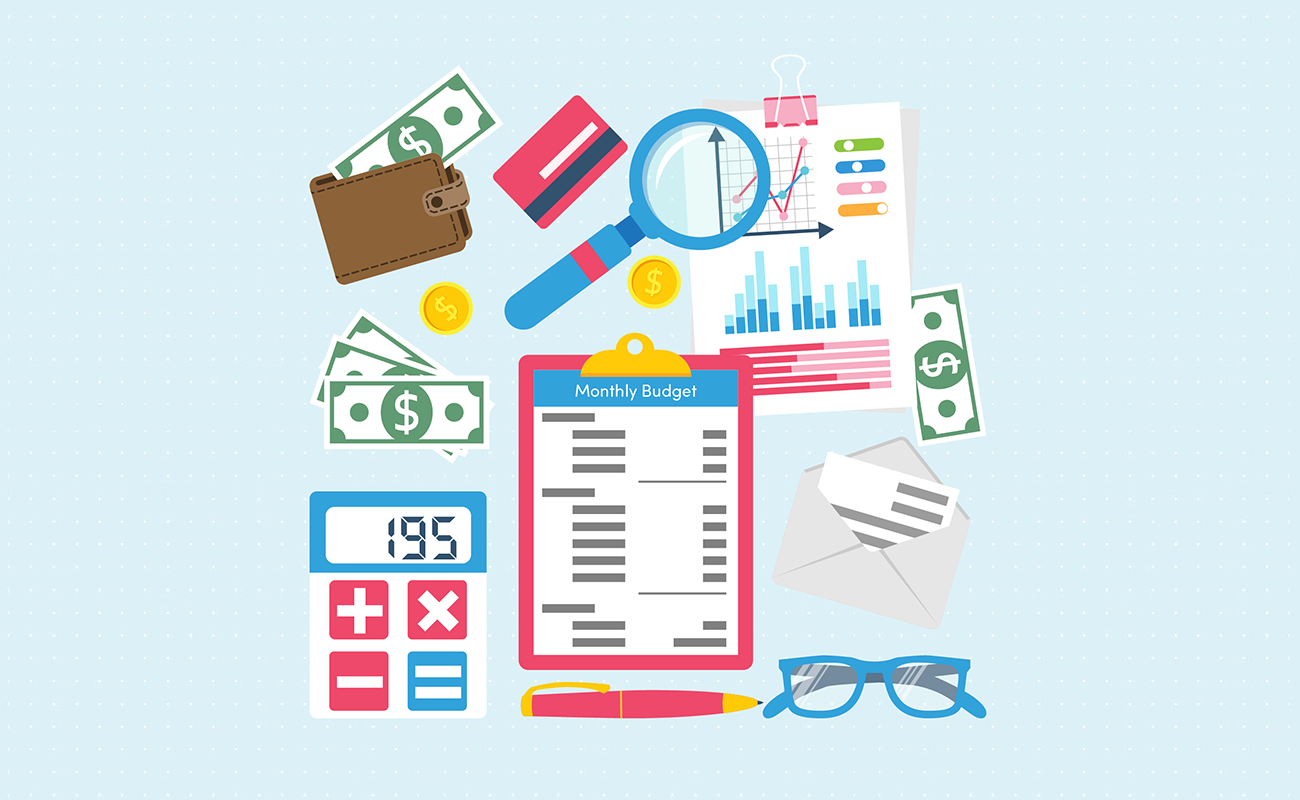
Aggressive debt reduction is a tough learning process. To succeed, you must commit to the plan completely. You will immediately be introduced to severe measures of austerity. To get out of debt fast, you need to use all your extra money to pay down target debts. This and the rigid budgets you need to set up will put your self-discipline to the test. In the end, it is all worth it.
The most important lesson learned in aggressive debt repayment is budgeting. Living with only the essentials can help you pay down debt faster. The spending habits you reinforce can help you save more money on everyday expenses. Learning how to plan and execute budgets would serve your finances well in the long run.
In time, you may also develop new spending habits. Your desire to avoid toxic debts can stop you from buying luxury goods with credit. Being frugal for so long might even put you off of luxury goods altogether. You learn to put value away from flashy material things. Happiness no longer comes from buying things.

Moreover, you may also pick up strategies to use credit lines to your advantage. Paying your credit card balance in full can help you avoid high interest. Using this strategy helps you accumulate rewards points, which can save you money.
To succeed, you and your spouse must have an honest talk about your finances. Acknowledge your share of the responsibility for your debts. Understand the limits of what you and your spouse can do to the effort. From there, draft a realistic debt management plan and budget. Only by working together can you get out of this situation.
You don't have to feel that the weight is on your shoulders. Divide responsibilities that you believe you can do. Many hands make work lighter. Take the initiative to check on one another to see if you have paid your bills on time. Work as a team and have each other's backs. And even if you falter, maintain grace. Love, after all, means learning how to say you're sorry.
Finally, reinforce one another. With a little work and understanding, your marriage can come out of debt stronger than ever. Your marriage can come out stronger. After all, you did it together.
Only good debts—business loans, college loans, and mortgages—can receive tax breaks. This does not mean that consumer debts do not have tax advantages depending on the situation. In the short term, you save more money in taxes and interest by paying down debts early. Liquidating your savings to pay most of your smaller debts is often recommended.
Likewise, you might want to pay off your mortgage last. This will let you leverage the tax deductions from mortgage payments and let you keep some of your cash. It is unwise to be debt-free and cash poor, after all.
Becoming debt-free is not a walk in the park. Be realistic with your expectations and take all the time you need. You should prepare yourself to make tough decisions and stand by them. Bankruptcy and debt relief are an option if your finances are dire. You might still be able to work down your consumer debts by yourself if they are not excessive.
It begins by accepting your debt situation, which might be easier said than done. The sooner you take responsibility for your finances, the better. Assess your financial situation, even if you don't like what you see. This will give you a clearer picture of your debt status and help you devise a strategy that works for you.

As shameful as it is, do not think that your debt problems are a burden you can carry alone. Do not be afraid to ask for help. Your family, significant other, and friends love you and will go through this with you. Professional help through credit counseling is also a good option.
Being candid with your finances can help you through the process of settling debts. For instance, you can cut a deal with your creditors if you find it difficult to make your monthly payments. Often, they would rather lower their rates than see you default on your payments.
Jose Abuyuan is a web content writer, fictionist, and digital artist hailing from Las Piñas City. He is a graduate of Communication and Media Studies at San Beda College Alabang, who took his internship in the weekly news magazine the Philippines Graphic. He has authored works professionally for over a decade.